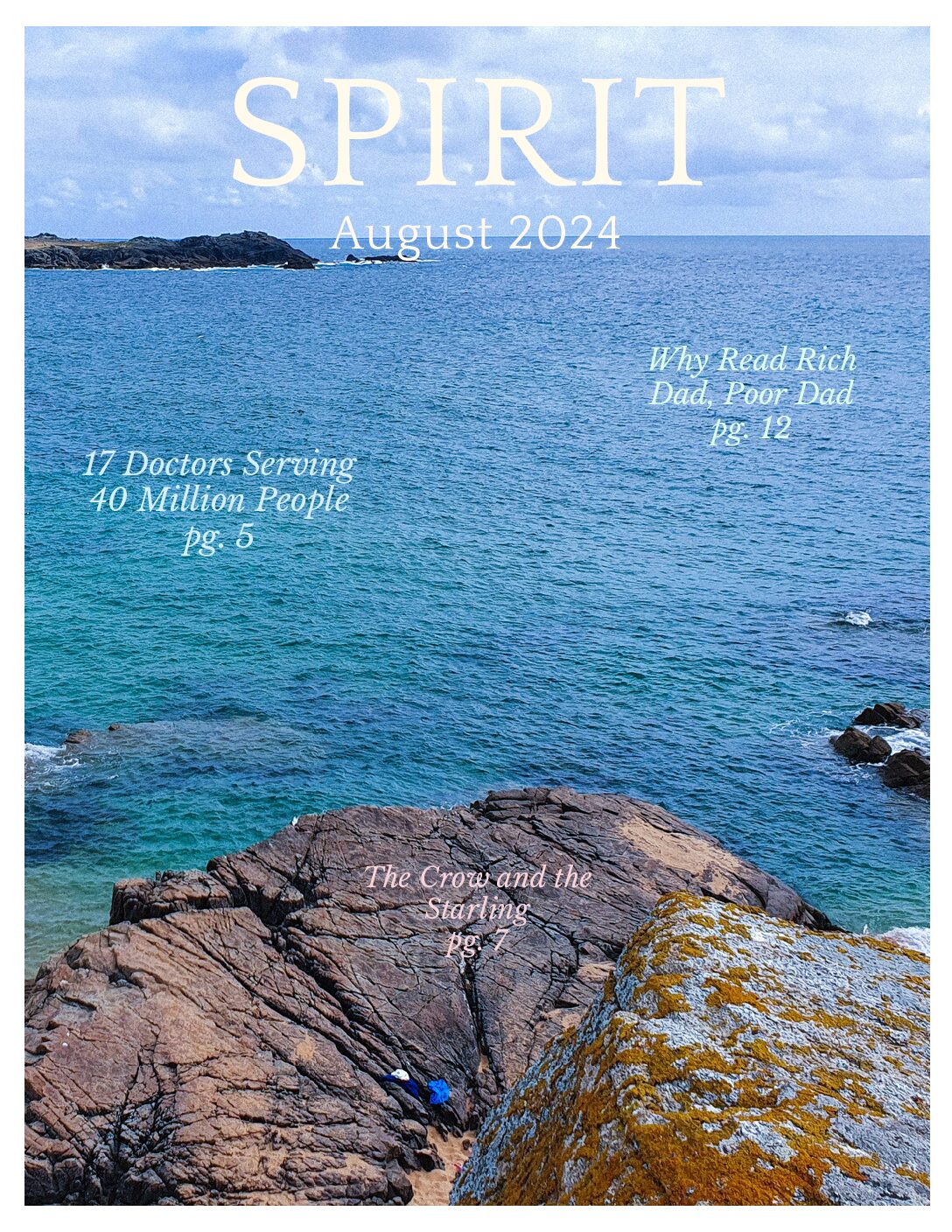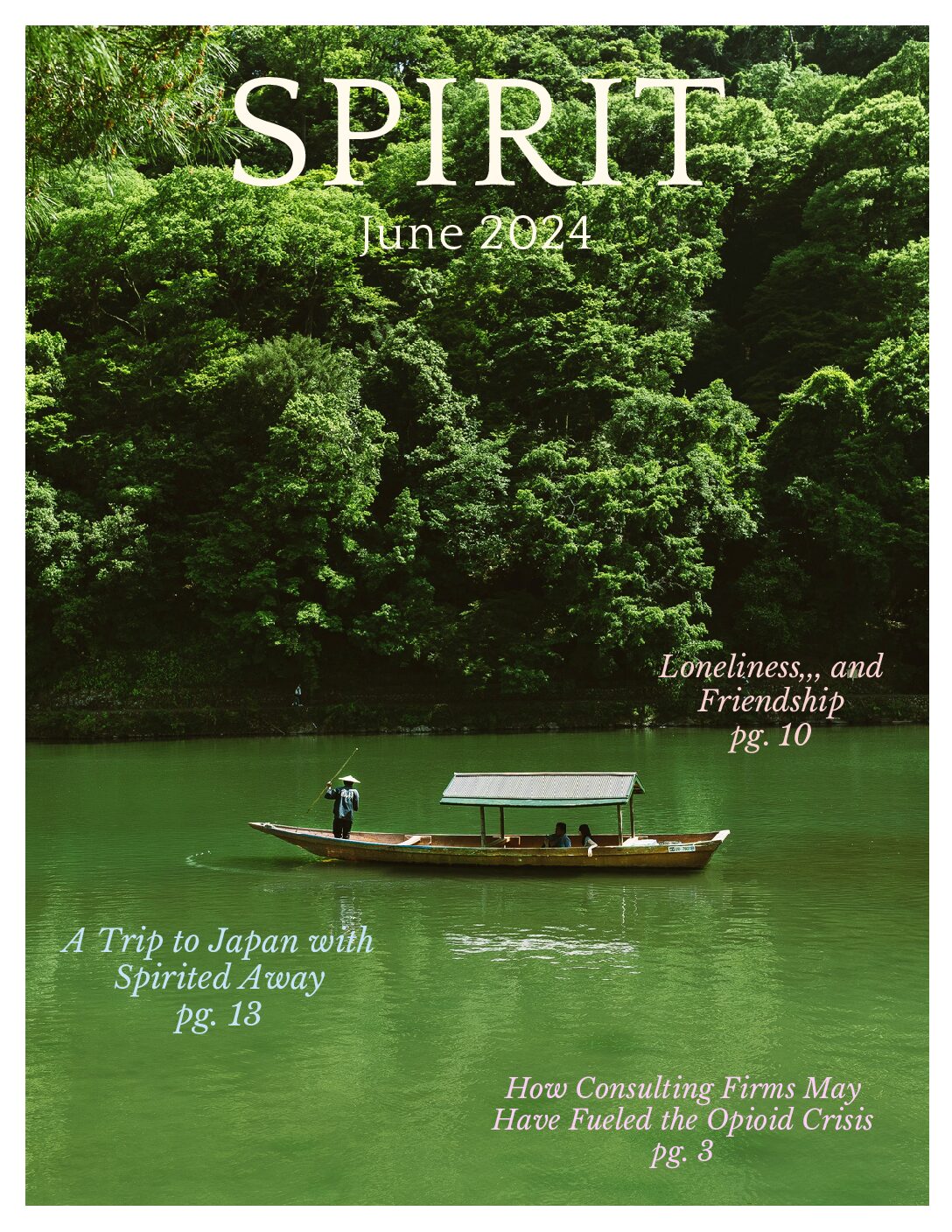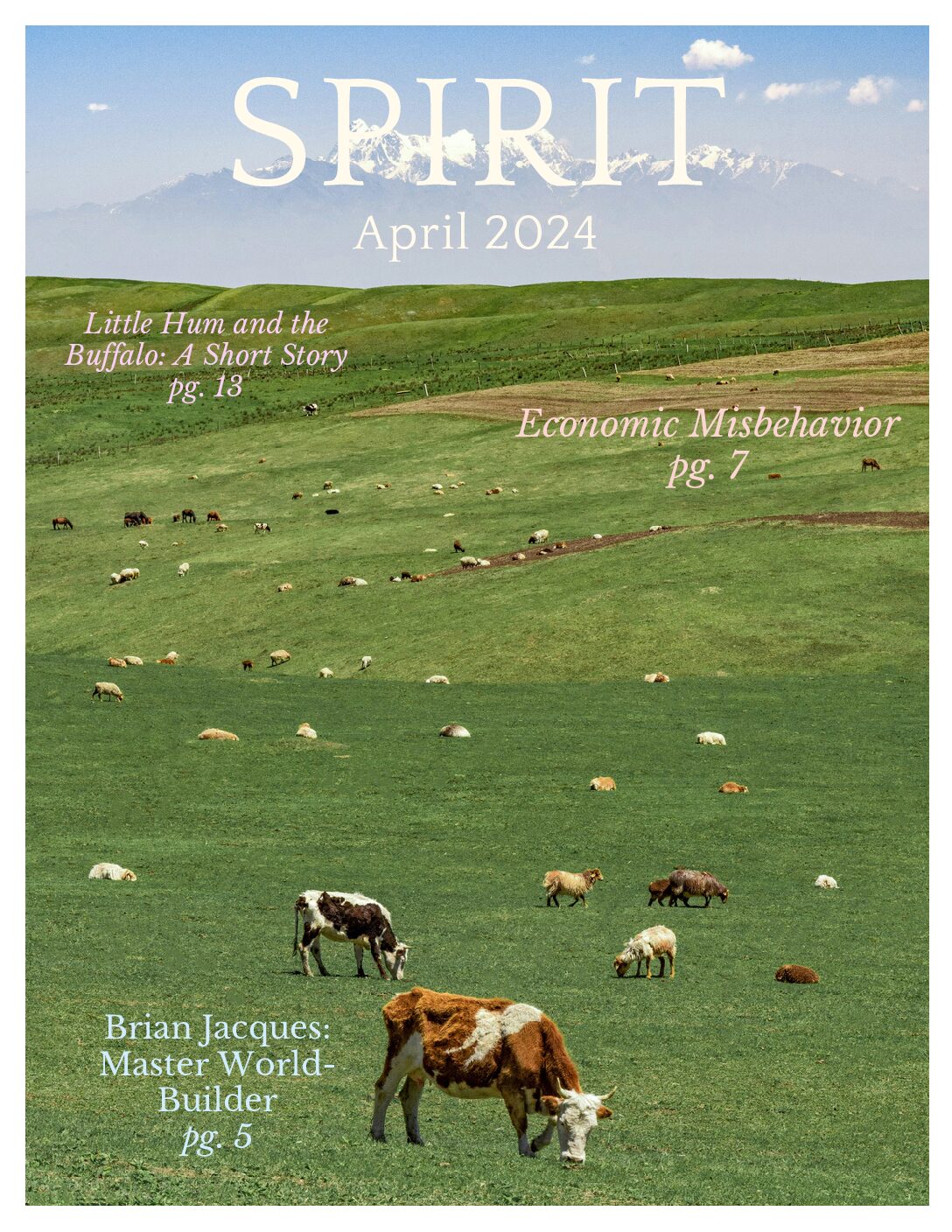The Power Of Friends


I came to understand over the course of the pandemic how integral community is to creativity. All stories begin with a thought, a little inkling that  something could happen or come to exist. The process of originating that thought, however, can be very difficult. It helps if something can galvanize it.
something could happen or come to exist. The process of originating that thought, however, can be very difficult. It helps if something can galvanize it.
J.R.R. Tolkien, author of The Hobbit, The Lord of the Rings trilogy, and a host of other works, was born in Africa. Though he moved to England at quite a young age, his memories of Africa were few but piquant – an interaction with a large spider as a child may have inspired the huge spider monster in Book Two of The Lord of the Rings.
Tolkien’s upbringing, in numerous other ways, influenced his writing and imagination. Young Tolkien was brilliant with languages. He was quick to pick up linguistics and had already become proficient with Latin and Greek. When Tolkien joined King Edward’s School, he found something which supplemented his education better than the classics: supportive friends.
They christened themselves the TCBS: the Tea Club and Barrovian Society (named after Barrow’s Stores, where they met each day to take tea).
The TCBS were fast friends; they joked around, played rugby together, shared  classes, and studied together. They also inspired and criticized each other’s literary work. Having a close group of friends who were as passionate about the arts as he was helped Tolkien begin his path of linguistics. With the TCBS, Tolkien explored mythology, literature, English – he developed his own languages just for the fun of it. They developed imaginary worlds, wrote poetry, painted; the friends inspired and helped each other with honest criticism. This first fellowship of Tolkien’s helped in shaping his understand of art and its influence on others. Having sympathetic fellows to converse with and to encourage and amuse one had a brilliant impact on Tolkien’s early work. Christopher Wiseman, Geoffrey Smith, and Robert Gilson, the founding members of the TCBS along with Tolkien, were very supportive of Tolkien’s efforts. Without close ties of friendship in Tolkien’s formative years, I do not believe the fellowships he imagined could ever have come to life.
classes, and studied together. They also inspired and criticized each other’s literary work. Having a close group of friends who were as passionate about the arts as he was helped Tolkien begin his path of linguistics. With the TCBS, Tolkien explored mythology, literature, English – he developed his own languages just for the fun of it. They developed imaginary worlds, wrote poetry, painted; the friends inspired and helped each other with honest criticism. This first fellowship of Tolkien’s helped in shaping his understand of art and its influence on others. Having sympathetic fellows to converse with and to encourage and amuse one had a brilliant impact on Tolkien’s early work. Christopher Wiseman, Geoffrey Smith, and Robert Gilson, the founding members of the TCBS along with Tolkien, were very supportive of Tolkien’s efforts. Without close ties of friendship in Tolkien’s formative years, I do not believe the fellowships he imagined could ever have come to life.
In my own experience, I find that interaction with the world is conducive to creativity. I struggled to write during the years at home due to the pandemic. Being unable to form new experiences and new memories in the world made it difficult for me to think in a fresh, unique way. I find it easier to think of ideas when collaborating – it is very helpful to hear other perspectives whether they support or contradict yours. It’s like the old proverb says: show me your friends and I will show you your future.









